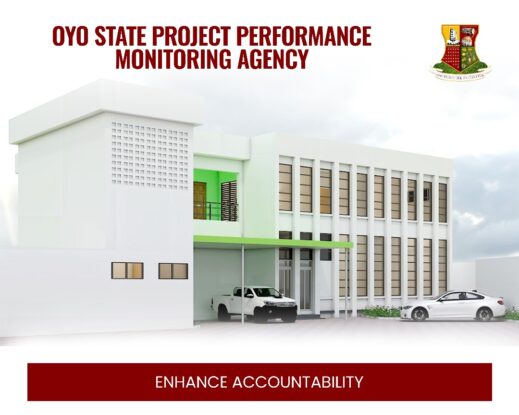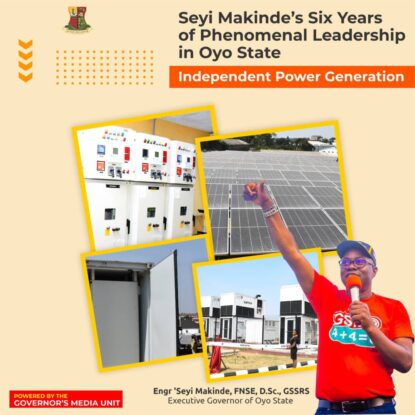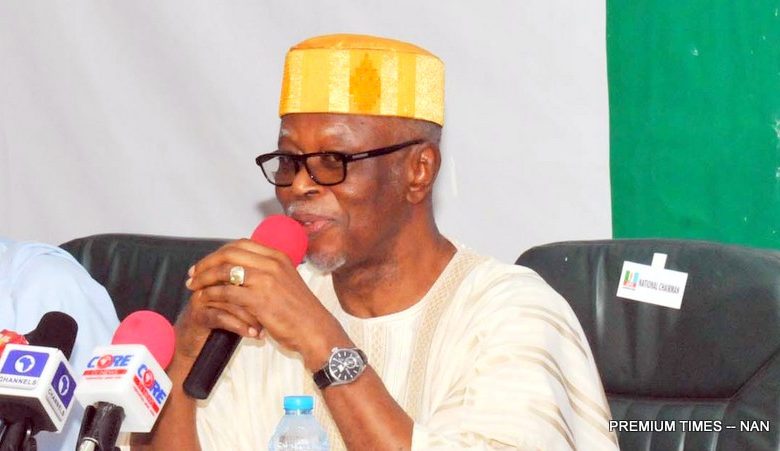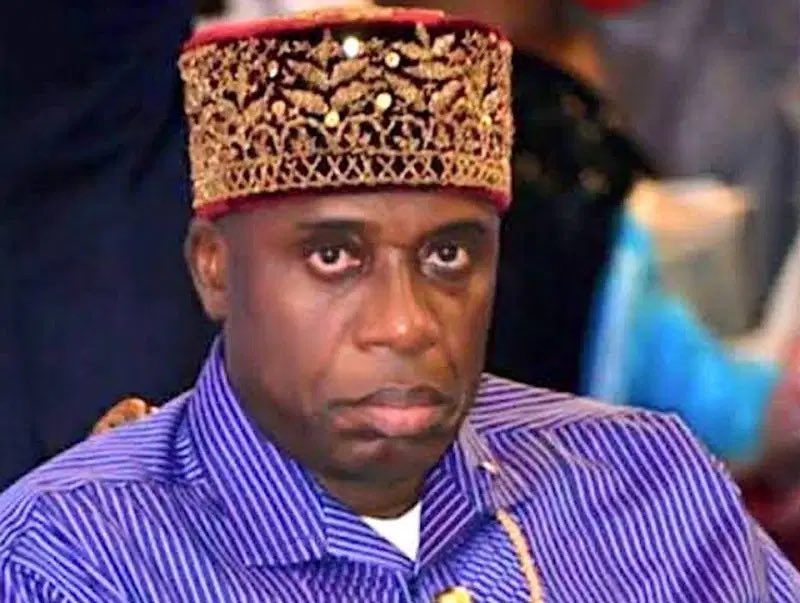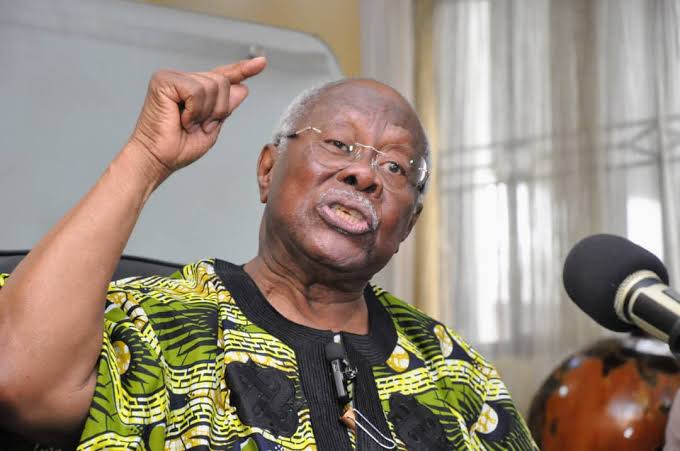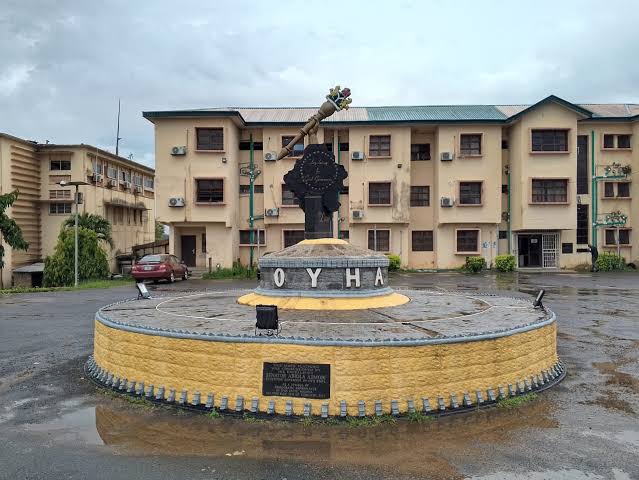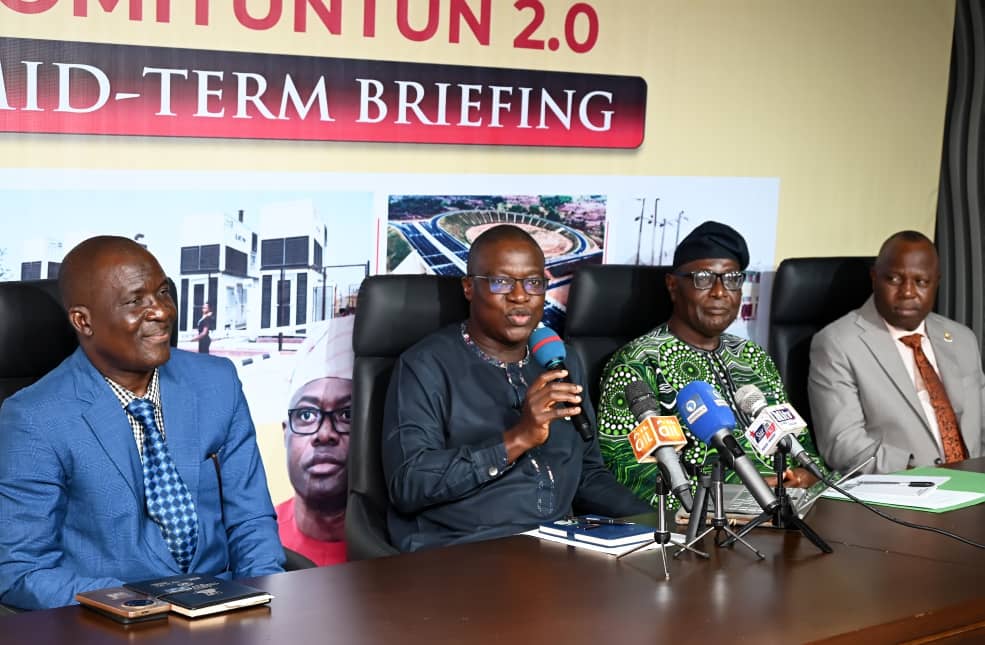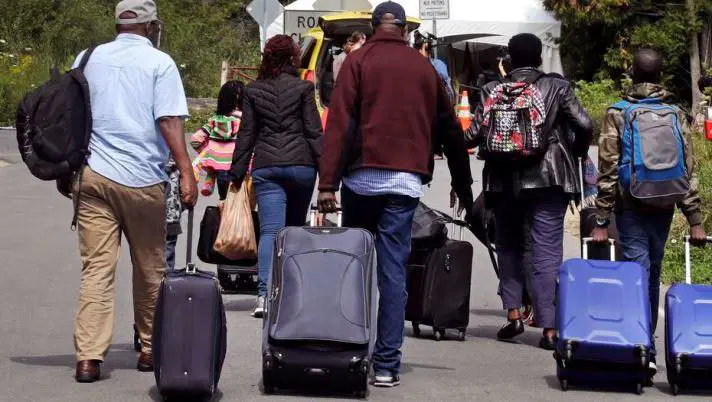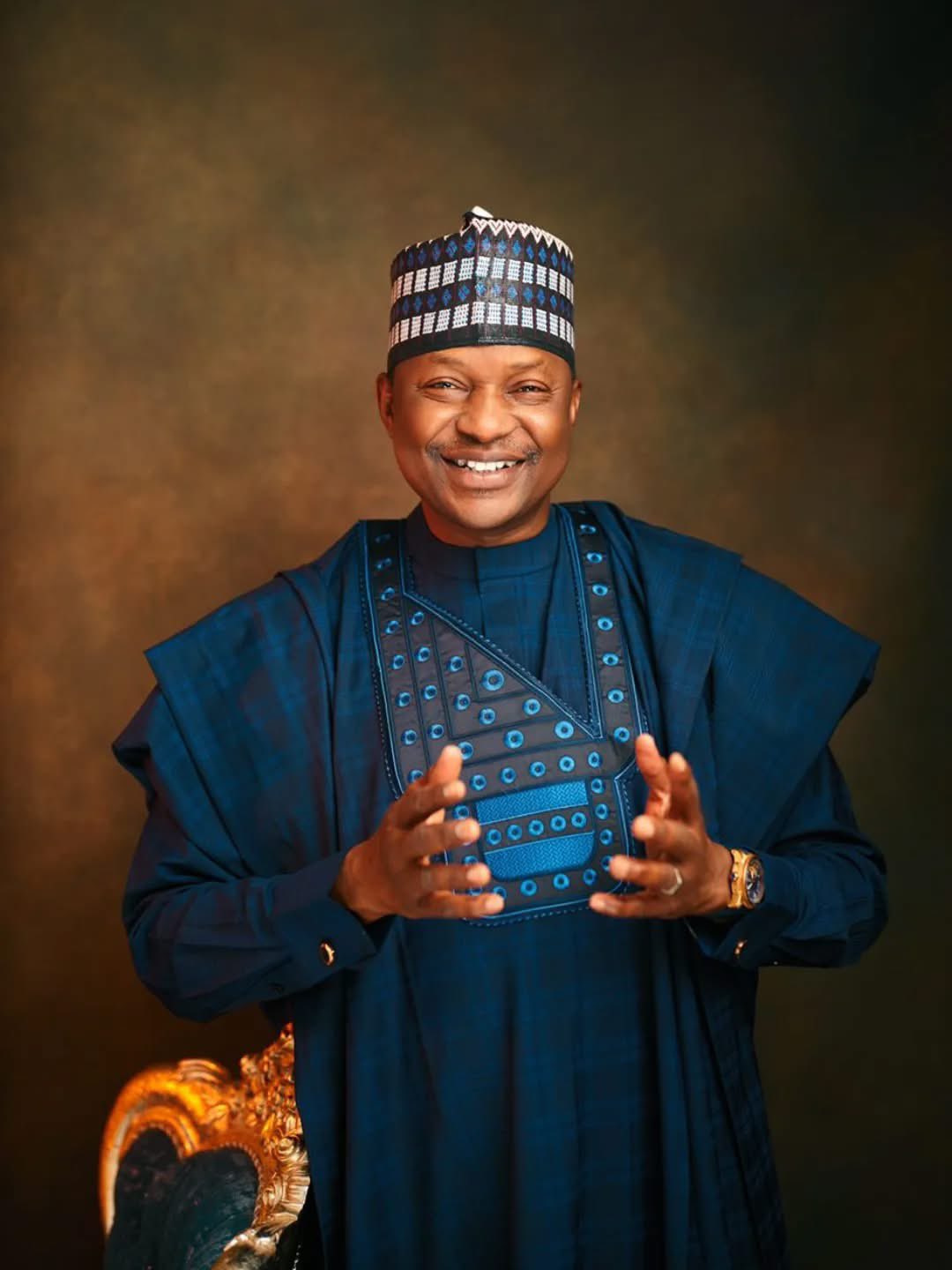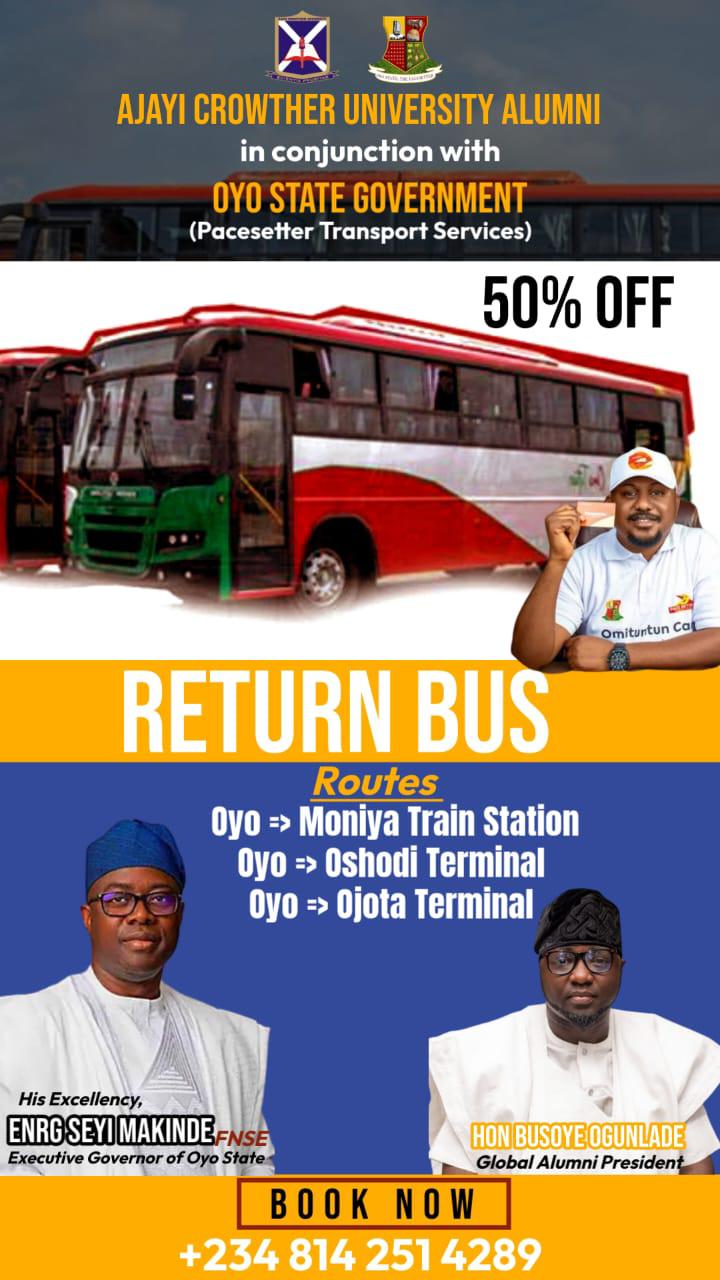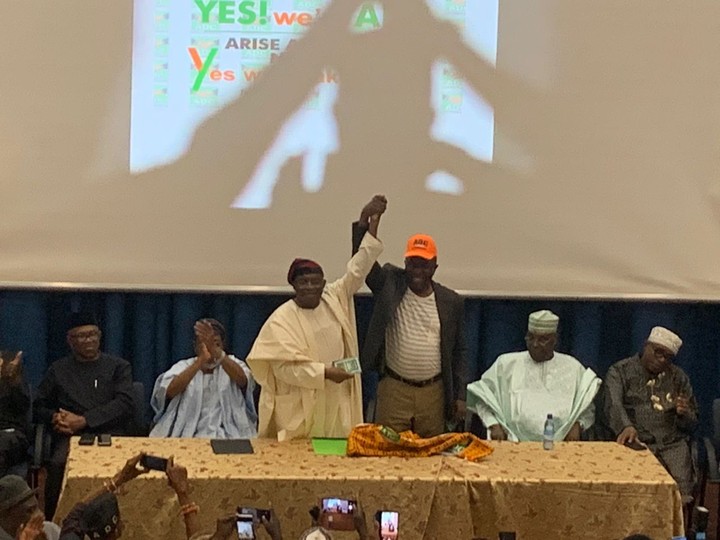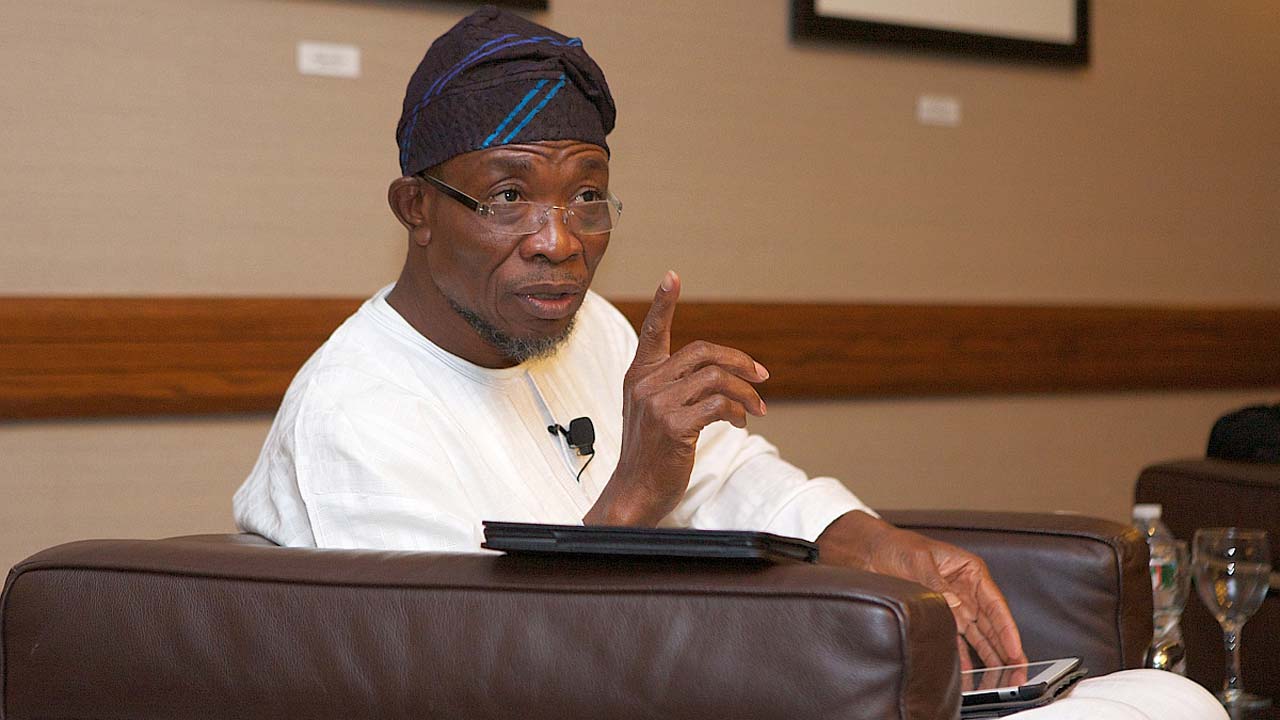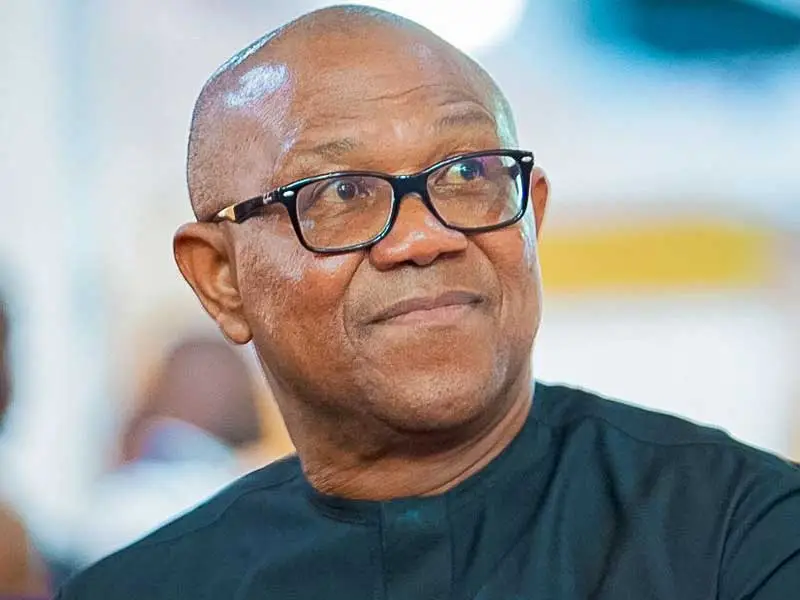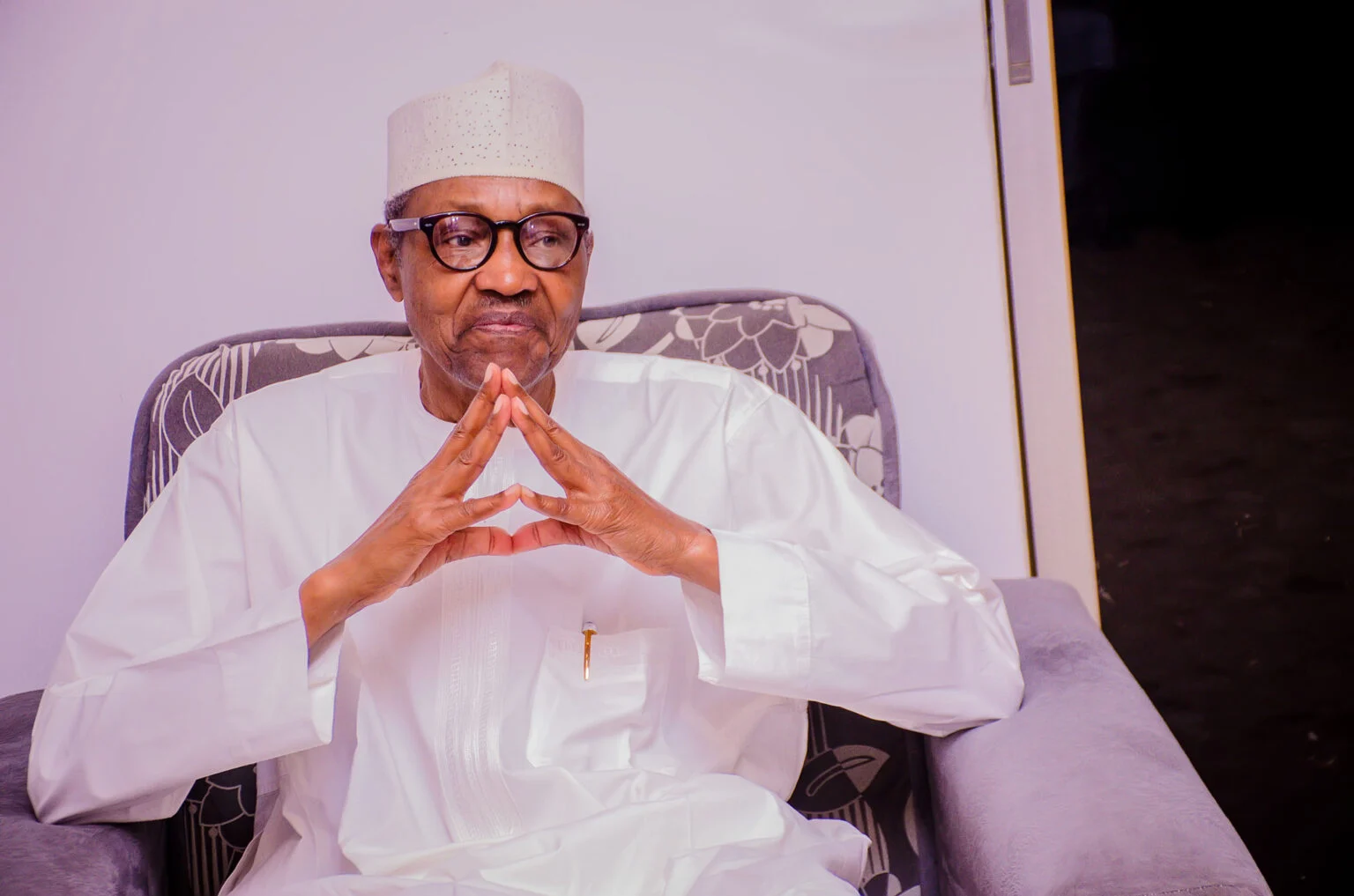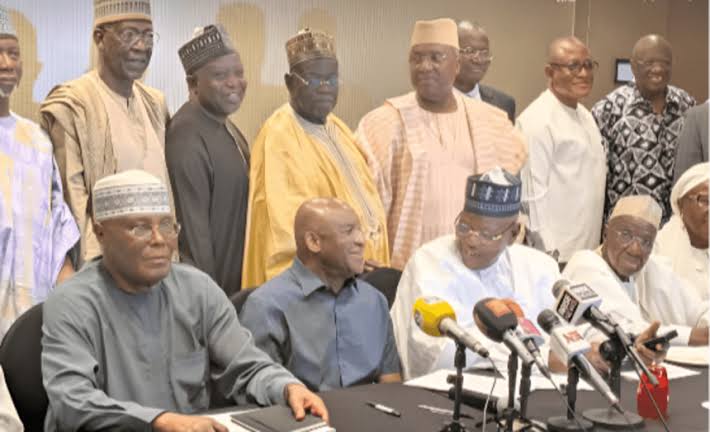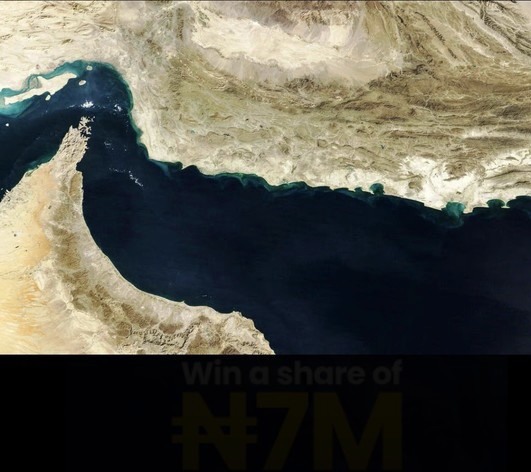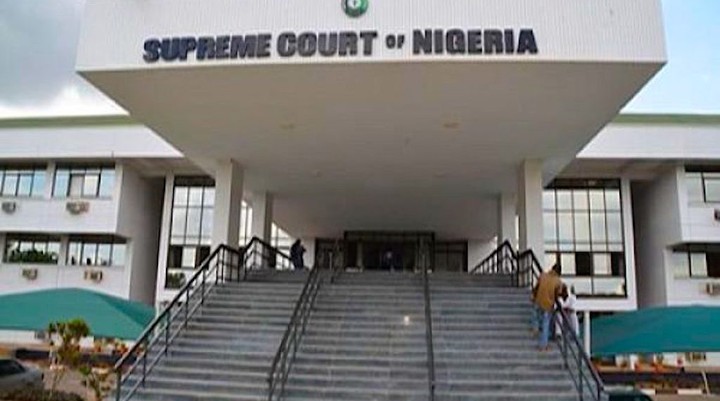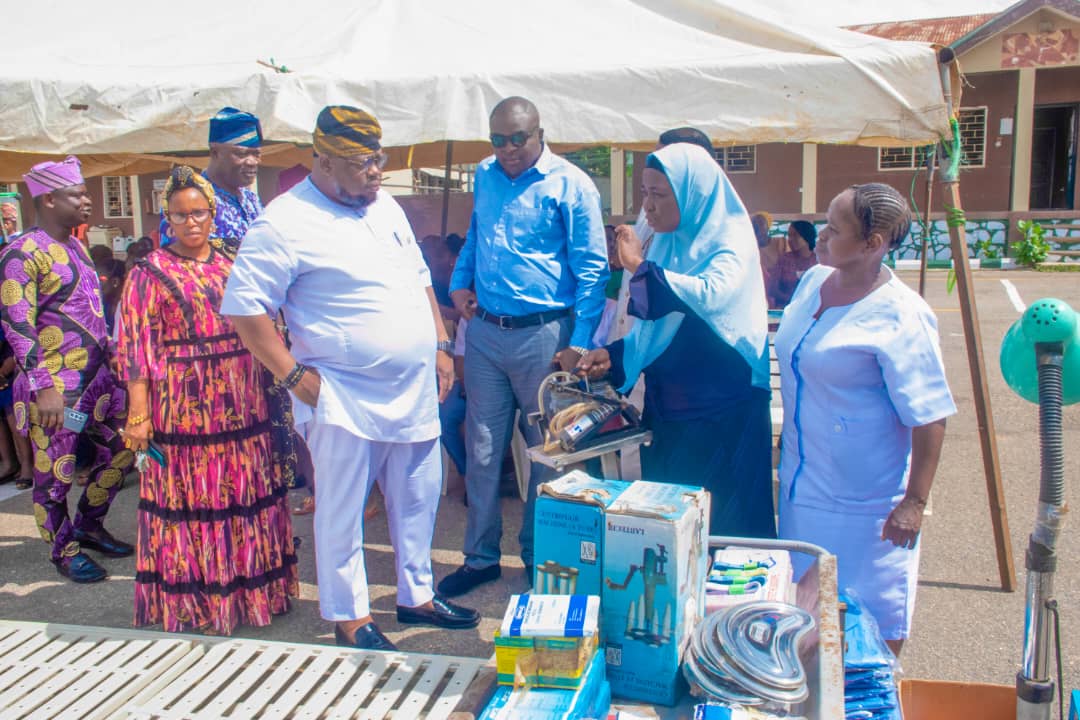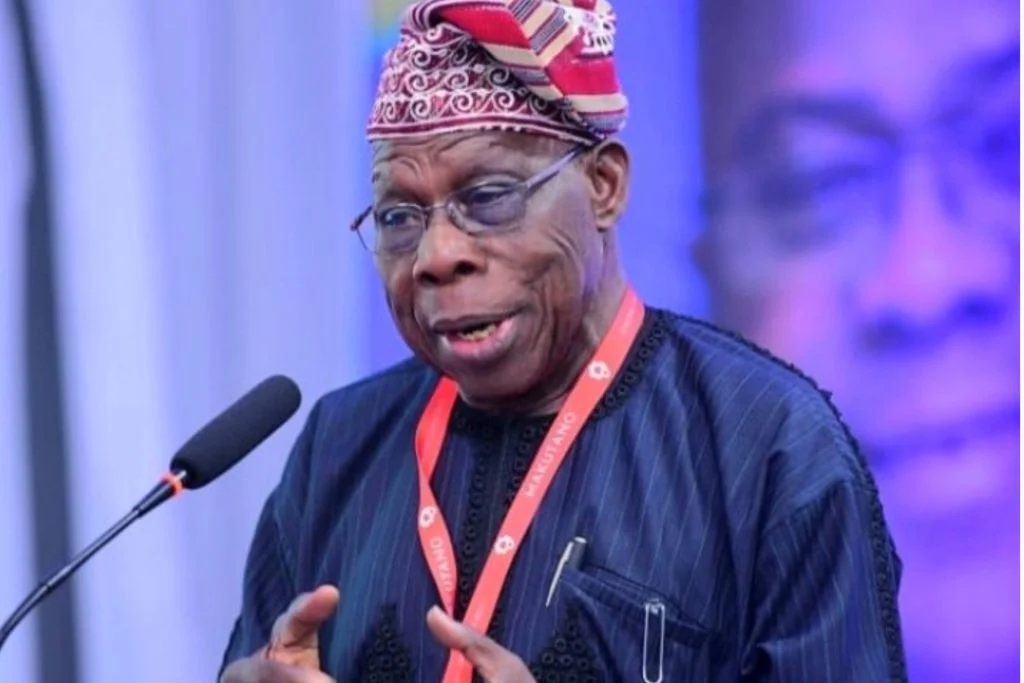Two Of Tinubu’s Key Policies Necessary But Wrongly Implemented – Obasanjo
Former President, Olusegun Obasanjo has said two out of three of the President Bola Tinubu-led administration’s policies were necessary but wrongly implemented.
Obasanjo made this remark at a Colloquium themed ‘Nigeria’s Development: Navigating the Way Out of the Current Economic Crisis and Insecurity’, at the Paul Aje Colloquium (PAC) in Abuja, during the weekend.
He hinted that the third decision was the position in dealing with the coup in Niger.
“Today, government has taken three decisions, two of which are necessary but wrongly implemented and have led to impoverisation of the economy and of Nigerians. These are removal of subsidy, closing the gap between black market and official rates of exchange and the third is dealing with military coup in Niger Republic.
“The way forward is production and productivity which belief and trust in government leadership will engender. No short cut to economic progress but hard work and sweat.
“Economy does not obey orders, not even military orders. I know that. If we get it right, in two years, we will begin to see the light beyond the tunnel. It requires a change of characteristics, attributes and attitude by the leadership at all levels to gain the confidence and trust of investors who have alternatives.
“Total Energy has gone to invest 6 billion dollars in Angola instead of Nigeria. If the truth must be stated, the present Administration has not found the right way to handle the economy to engender confidence and trust for investors to start trooping in.
“They know us more than we know ourselves. And now they are laughing at us, not taking us seriously. We have to present ourselves in such a way that we will be taken seriously. If the existing investors are disinvesting and going out of our country, how do we persuade new investors to rush in. We can be serious if we choose to be but we need to change from transactional leadership in government to transformational and genuine servant leadership,” he said.
The former President asserted that to get out of the current situation in the country, the government and the governed needed to look at the past and the present, and ask ‘How did we get here?’
“Looking at the topic of today’s occasion, the question I would ask is, ‘How do we navigate our way out of these crises and pave the path towards a more secure and prosperous Nigeria? I believe the answer to this requires a multi-faceted approach that addresses the root causes of these challenges. The central questions are: Where were we? And how did we get to where we are today.
“Firstly, we must know where we are coming from. Our economy has consistently suffered from poor policies, lack of long-term sustainable policies, discontinuity, adhocry and corruption firmed on personal greed, avarice, incompetence, lack of knowledge and understanding and lack of patriotism.
“For instance, the statement and proposed actions given forty-five years ago to stop fuel scarcity is the same statement and action being touted today. I recall when I made the statement that the refineries will not work, the sycophants and spin doctors of this current administration went out to castigate me as not being a petroleum engineer and that I did not know what I was talking about.
“They forgot that the attempt that was made in 2007 to partly privatise the refineries was made by me after a thorough study of the situation. But the decision was reversed by my successor and the 750 million dollars paid was refunded.”
Suggesting a way out, the former President Nigerian needs “a 25-year socio-economic development agenda” that will be generally agreed to, and passed into law.

